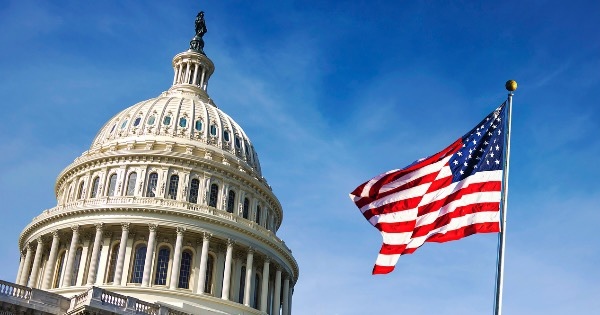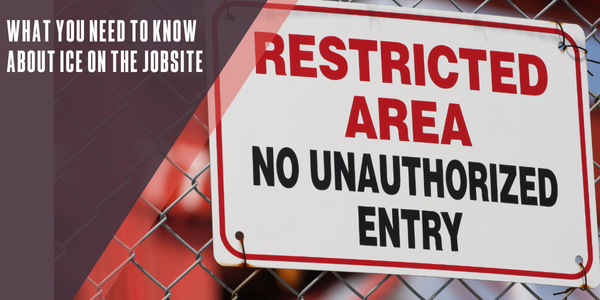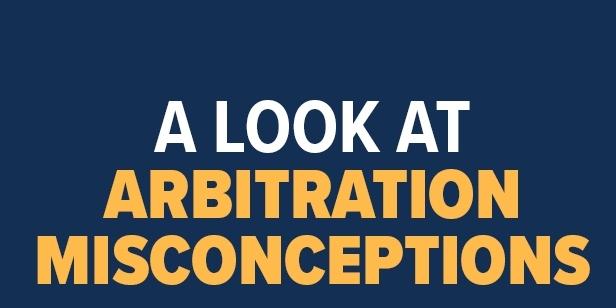Changes for Employers Under the Biden Administration

By Cotney - Attorneys & Consultants.
After being inaugurated on January 20, President Biden wasted no time signing executive orders and rolling out other plans for change.
Although many actions will need to shake out over the coming months, it seems clear that he intends to make modifications in the workplace. Below are some issues that could affect your company:
Minimum wage—Some states have already raised the minimum wage, but President Biden supports a national law. Legislation increasing the federal minimum wage to $15 seems likely. This change will have a significant impact on businesses of all sizes.
FFCRA—The Families First Coronavirus Response Act (FFCRA), which requires most employers to provide their employees with paid leave for reasons related to COVID-19, expired on December 31, 2020, but was extended as a voluntary option for employers through March 31, 2021. President Biden favors reinstating the original provisions of the FFCRA through September 30, 2021. Under his plan, the amount and duration of the leave provisions will increase.
FMLA—The Family and Medical Leave Act (FMLA) requires businesses with more than 50 employees to offer up to 12 weeks of unpaid leave for those who have healthcare issues or need to care for family members. Labor advocates have encouraged changing the law to allow for paid leave, and some states have made that revision. The Biden Administration will likely support a federal paid leave law.
Unemployment—President Biden is eager to increase the supplementary unemployment payments and extend eligibility to self-employed workers.
Worker classification—The Biden Administration is expected to focus on the employee vs. independent contractor classification. It may reverse the rules that the Trump Administration presented in early January, which were more employer-friendly, and take action against employers who misclassify their workers. Marty Walsh, the incoming Secretary of Labor, has a strong union background and will likely support increased penalties for classification violations.
Overtime rule—As of January 1, 2020, the yearly salary threshold for exempt employees is $35,568. President Biden will probably move to increase that figure. In 2016, President Obama worked to have it increased to $47,476 but was unsuccessful. A significant increase will impact businesses that employ hourly, non-exempt workers.
Hazard pay—In light of the COVID-19 pandemic, President Biden has expressed support for essential workers. In addition to frontline medical personnel, this designation includes delivery drivers, retail clerks, agriculture workers, teachers, and first responders. He has called on business leaders to provide hazard pay to these workers, but it is unclear if such payment would be mandated legislatively.
Non-compete clauses—President Biden supports federal legislation that would limit the use and enforcement of non-compete agreements. He also supports the prohibition of “no poaching” agreements through which employers agree not to seek out and hire employees from one another.
Arbitration agreements—Employers often require their employees, as a condition of employment, to sign pre-dispute arbitration agreements. These agreements mandate that any disputes between employer and employee will be managed through arbitration and not in court. The Biden Administration is expected to support legislation to make that practice illegal. This change could result in more employees filing suit against their employers.
In the months ahead, the Biden Administration is expected to present additional labor-related legislation, perhaps addressing union rights, a more assertive stance on harassment and discrimination, and protections for whistleblowers. Prepare your business for possible changes by reviewing your employees’ classification and pay rates, updating your handbook regarding leave policies, and reviewing any discriminatory issues. If you have specific questions about these employment topics, be sure to consult legal counsel.
Disclaimer: The information contained in this article is for general educational information only. This information does not constitute legal advice, is not intended to constitute legal advice, nor should it be relied upon as legal advice for your specific factual pattern or situation.
Learn more about Cotney Construction Law in their RoofersCoffeeShop® Directory or visit their website at www.trentcotney.com.
Cotney - Attorneys & Consultants is an advocate for the roofing industry and General Counsel of NRCA and several other industry-related associations. For more information, contact the author at 866.303.5868 or go to www.cotneycl.com.






















Comments
Leave a Reply
Have an account? Login to leave a comment!
Sign In